Easter 2021 - in search of the (organic) eggs

This time, our chef has designed a box containing some modern dishes from everyday, thoroughly rustic Japanese cuisine that can feed the whole family. The bright colors express the joy of the approaching spring - and of course the challenge is: find the (Easter) eggs! 😉 ATTENTION: As always, the Easter Bentō 2021 and [...]
Hitsumabushi - Eel triple enjoyment
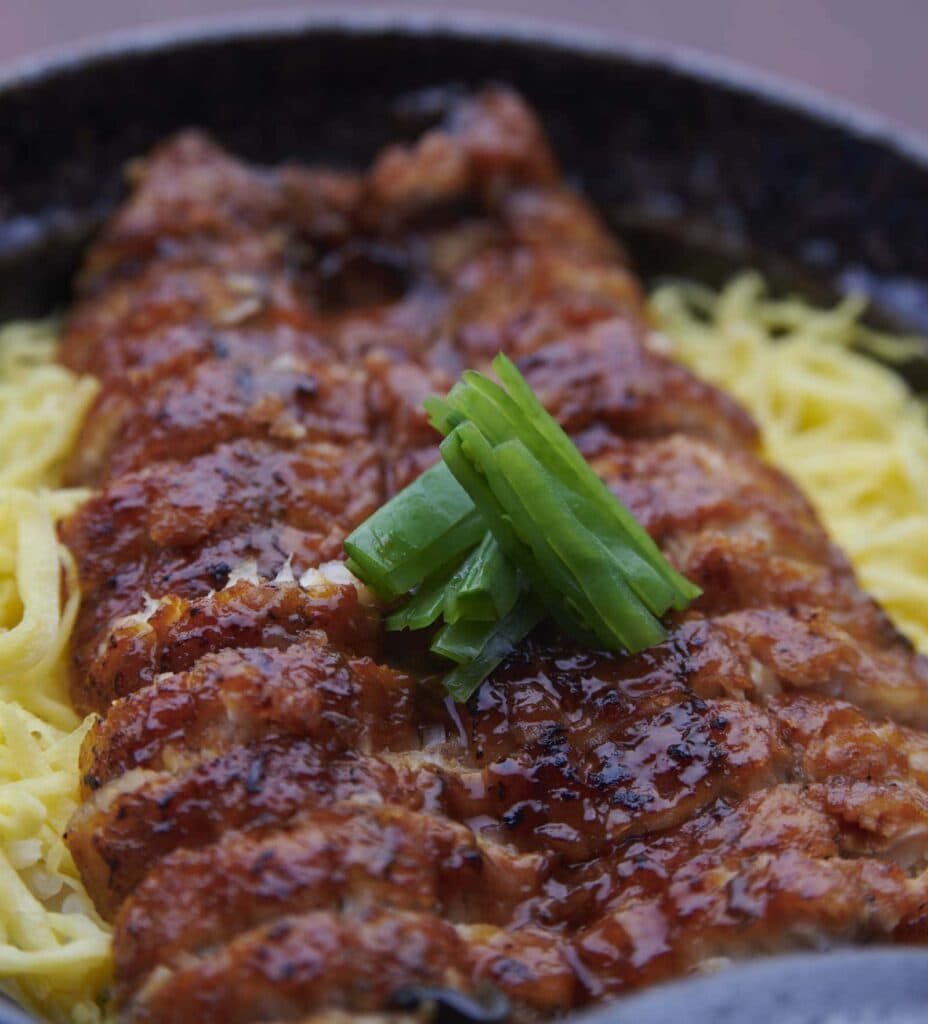
Japan, a treasure trove of interesting dishes The Japanese archipelago is a treasure trove of appealing local cuisines, with each region having its own special ingredients and spices. Until a few years ago, Japanese cuisine abroad, i.e. in Europe and America, consisted mainly of sushi, tempura, and teppanyaki. Since then, as more and more foreign tourists have been visiting Japan, […]
Black money in the catering industry - myth or reality?
There is always talk of the restaurant industry being a black market sector. Many modern restaurateurs who try to run their businesses professionally and comply with all legal requirements find this illegitimate blanket condemnation deeply hurtful. After all, running a restaurant today and being economically successful while offering high quality is an extremely […]
New Year's Eve 2020 - Sushi and Japanese specialties to be delivered or picked up in Munich
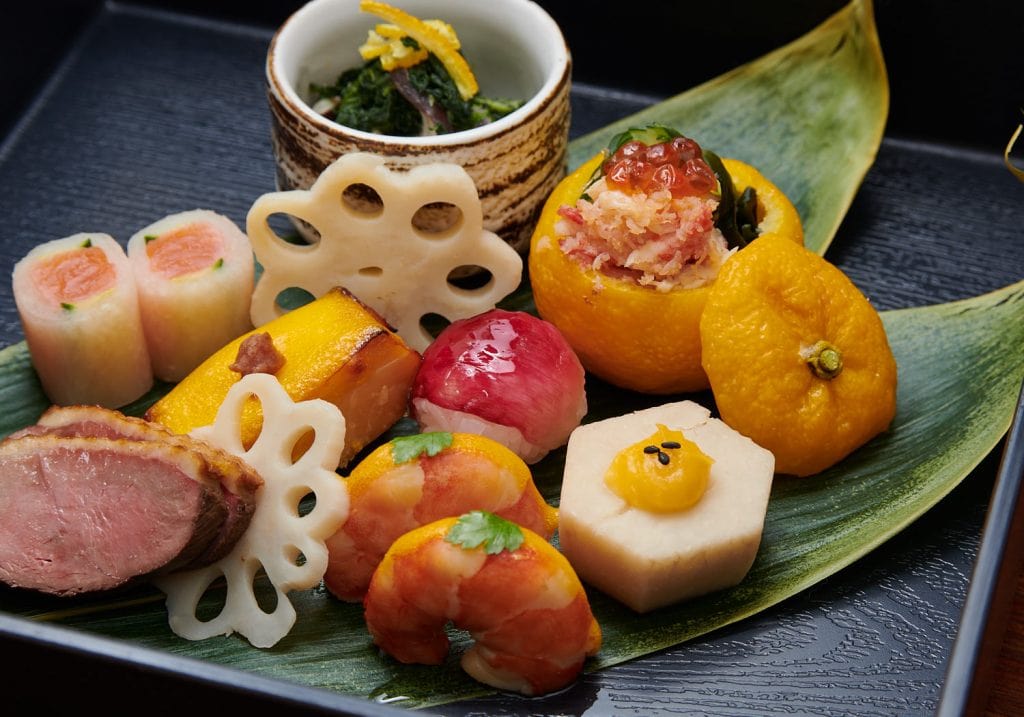
*The Japanese announcement follows the German one. Please read it carefully. *As always, we are preparing some very special treats for you on New Year's Eve, December 31, 2020—this time for pickup or delivery... OPENING HOURS SANSARO DELIVERY SERVICE & TAKEOUT ON NEW YEAR'S EVE: On New Year's Eve 2020, you can pick up your festive meal from us in the evening or have it delivered – we are generally open between 5 p.m. and 10 p.m., […]
Kakushizushi - hidden sushi
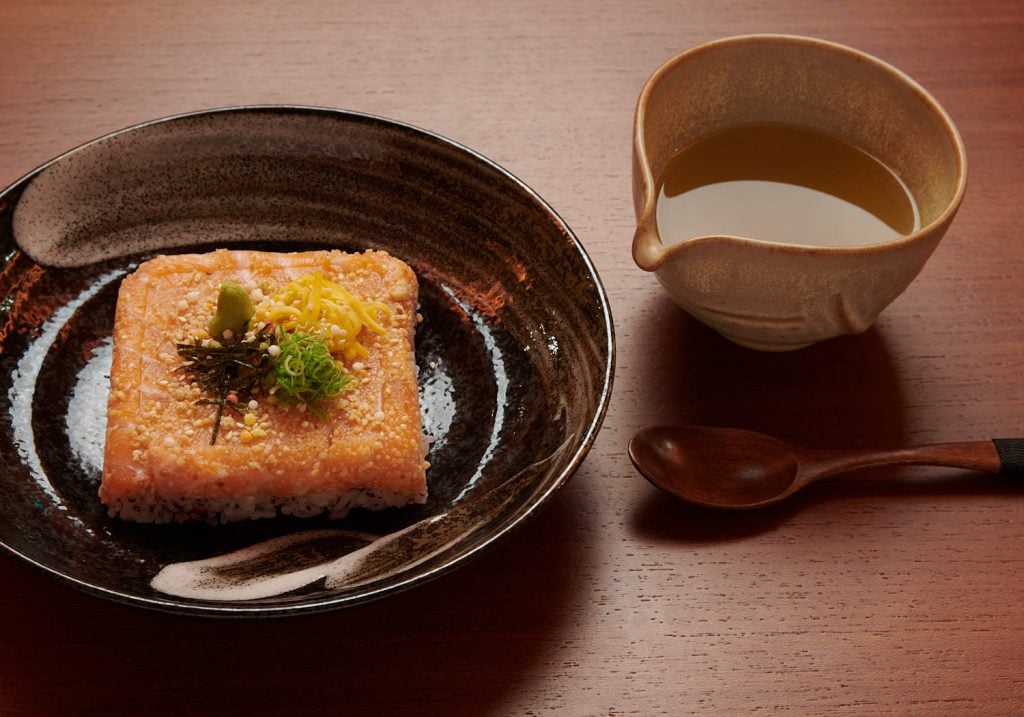
Sushi is still one of our favorite topics - besides the usual known types, shapes or varieties of sushi, there are also a few very special ones, which we always like to present in our blog. And if you are very lucky, you can sometimes try these specialties in our restaurant or delivery service...
Shokado box
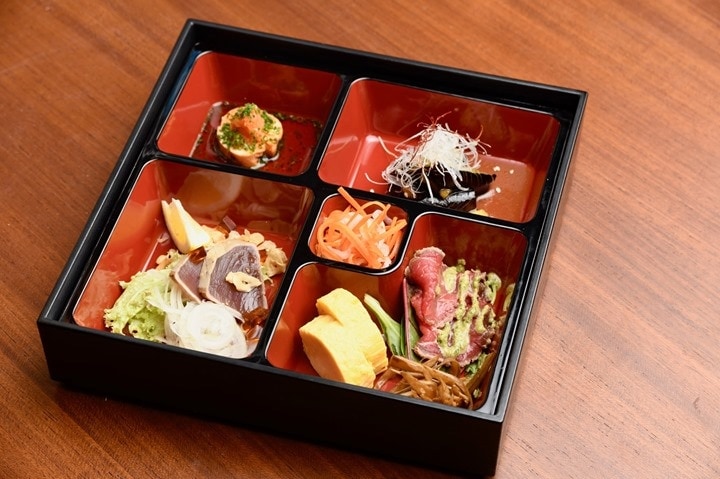
Fans of Japanese cuisine will often come across the term „bento box“ – and then, as an interesting variation, the term „shōkadō bento box.“ WHAT EXACTLY IS A SHOKADO BENTO BOX? First and foremost, the bento box is a traditional small container for "food to go." Whether for farmers working in the fields, merchants traveling across the country, or soldiers at war – the […]
Coronavirus & Restaurant Hygiene sansaro
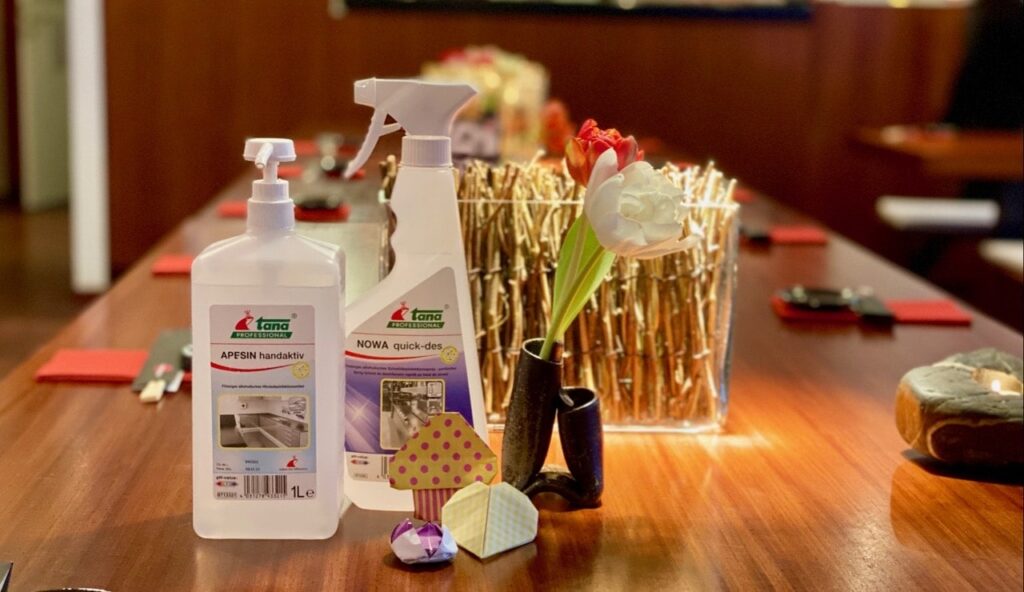
The Corona pandemic is gripping us all, personally or professionally. Here we provide some information on how we can help in the Restaurant sansaro deal with hygiene, how our business is doing with the crisis and, of course, if and when we are open.
How & what is sake made from?
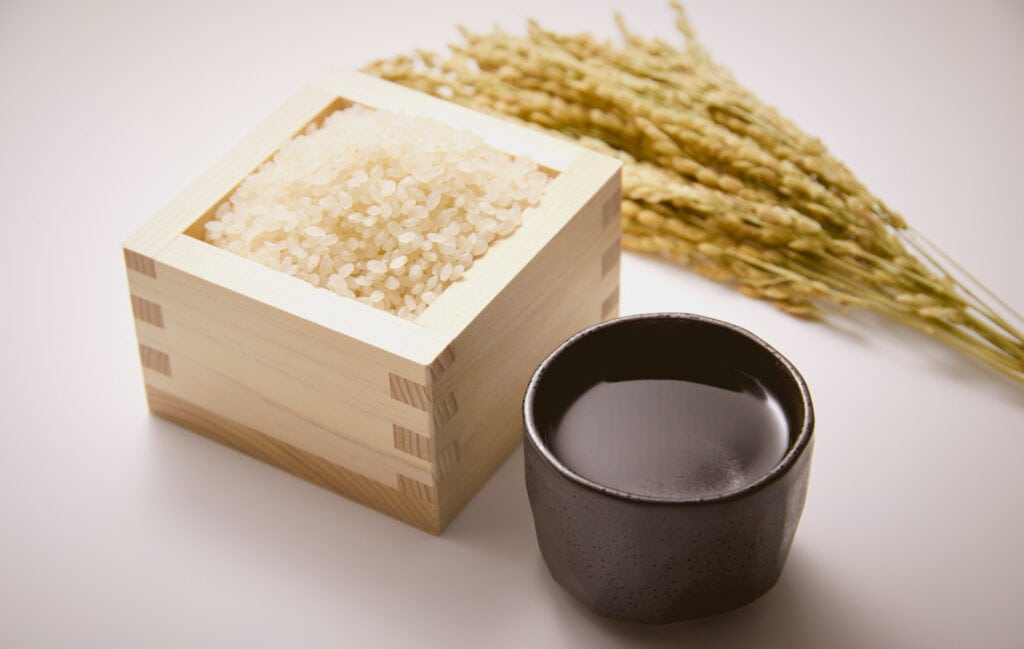
Sake, the alcoholic beverage from Japan, is made only from water, rice and Kōji. The quality and the different characteristics of the individual ingredients play a special role. The few ingredients are brewed in a very elaborate craft process, so that high-quality sake can have an enormous variety of aromas and flavors.
Rice - central raw material for sake production

To a bottle Sake Junmai category, you need about 1.8 kg of rice - for a Junmai Daiginjō sake, it is already 3 to 3.5 kg of rice as a starting point, since less of the original rice remains here due to the higher degree of polishing.
No wonder that the rice used is of special importance. Here we explain everything about rice as a raw material for sake production.
Important raw material for sake: (Japanese) water
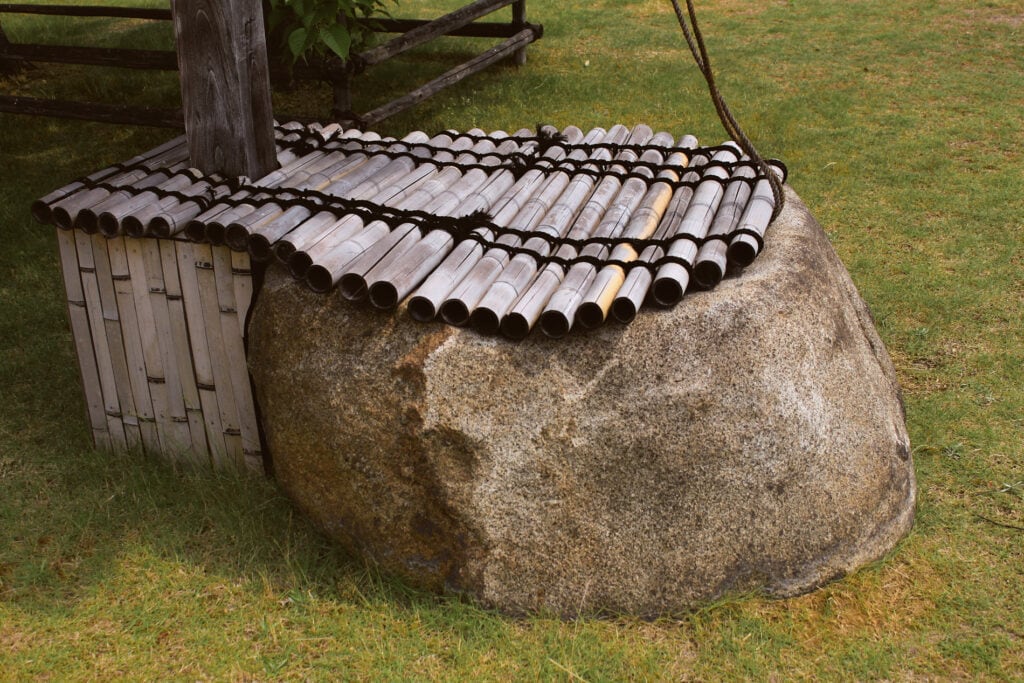
For the Production of high quality premium sake the quality of the water used is of crucial importance. Japan as a volcano-rich country offers countless special regional water qualities that produce special sake with sometimes exceptional softness. Here you can learn all about the raw material water in Japan and how it influences Japanese sake.